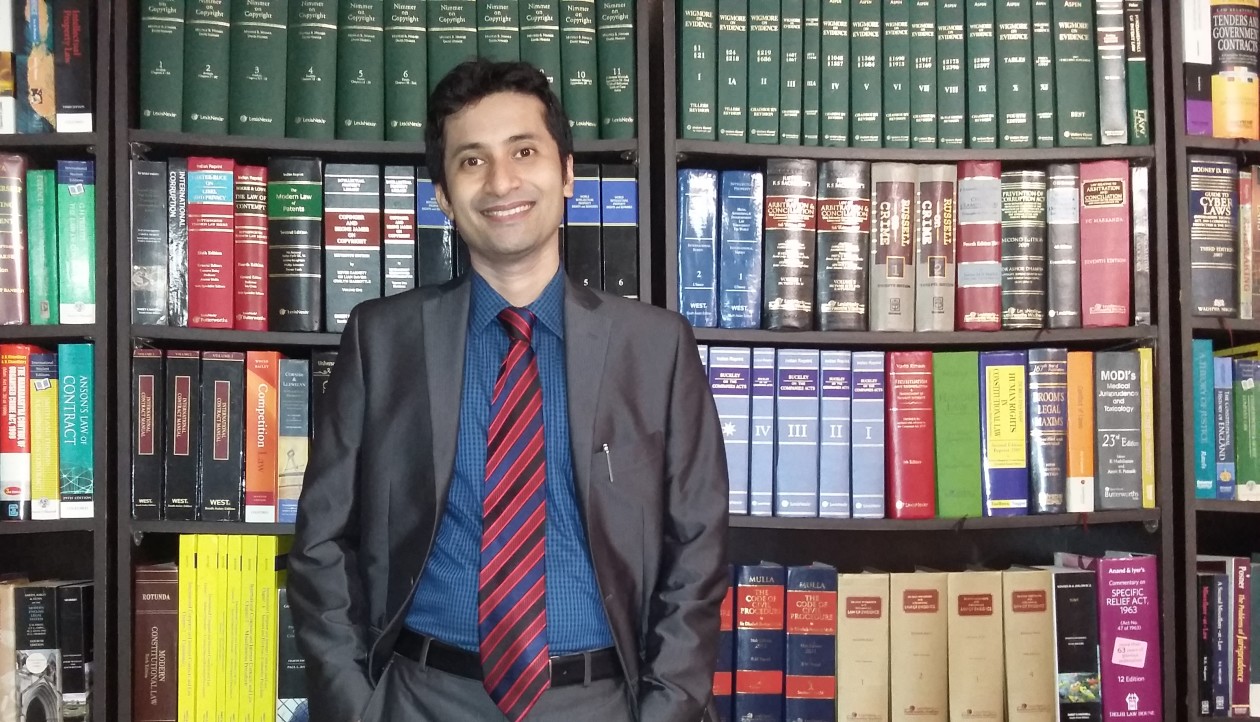DRC’s pillage continues unabated. DRC (second largest country of Africa by area and as large as Western Europe) abounds in reserves of diamond, gold, copper, coltan (important ingredient in manufacture of mobile phone), cobalt and other precious minerals. Yet its abject poverty raises arduous questions. Human Development Index Report 2014 ranks DRC 186 out of 187 countries! Its social indicators are appalling. The ICC trial which commenced this month against Congolese warlord Bosco Ntaganda (Terminator), puts back the focus of international community on the perturbing circumstances in DRC and neighbouring Rwanda.
After eluding ICC for nine long years, Ntaganda startlingly surrendered before the US Embassy in Kigali (capital of Rwanda) in 2013 and requested transfer to ICC. This keenly watched trial, having a record number of 2149 participating victims, will be a watershed in International Criminal Law as multiple charges consisting of 13 counts of war crimes including murder and attempted murder, rape, sexual slavery of civilians, pillaging, enlistment and conscription of child soldiers under the age of fifteen years and 5 counts of crimes against humanity: murder and attempted murder, rape, sexual slavery, persecution, forcible transfer of population allegedly committed in 2002-2003 in the Ituri Province have been framed.
Ntaganda’s case reminds us of the serious issues concerning not only DRC but the whole of central Africa. Bitter conflict between Hutus and Tutsis have further aggravated the dispute. It brings back the whole dark history of DRC (and Rwanda) back to limelight. The fleecing by the Portugese and the later colossal misrule of Belgium (DRC began its life not as a colony but only as a personal property of Spanish Monarch Leopold II who named it the ‘Congo Free State’!). Congo’s ‘Rubber Terror’ led to the Belgian Government’s control over the state but the plight of the Congolese remained unchanged. Post WW II, with rise of nationalist sentiments, dynamic leader Lumumba came to power in the first democratic elections in 1960. Congo’s independence in 1960, escalating violence, murder of Lumumba, coup by Mobutu and his subsequent dictatorship lead his country to wretched poverty. By institutionalizing corruption, Mobutu amassed humungous wealth. But the acrid differences between Hutus and Tutsis, particularly in Rwanda leading to the despicable Rwandan genocide in 1994, and Mobutu’s subsequent complicity with siding anti Tutsi militia led to his overthrow. President Joseph Kabila’s desperate attempts to cling to power even after the constitutional mandate of maximum two terms threatens Congo’s political future.
Ntaganda (Rwandan born Tutsi who fled Rwanda to neighbouring Uganda to escape from the Hutu militia) fought with the Rwandan Patriotic Army and participated in the overthrow of the Hutu-led Rwandan government which was responsible for the Rwandan genocide. Though the change of regime led to immediate discontinuance of the pogrom, future machinations led to the Congolese Wars (deadliest war in modern African history, also known as African World War). Peace agreement in 2002 (Sun City Agreement) reduced the hostilities.
But in the volatile Eastern Congo region of Ituri, bloodshed between Hema and Lendu communities continued. Ntaganda served as the Deputy Chief of Staff of the Patriotic Forces for the Liberation of Congo (Forces Patriotiques pour la libération du Congo, FPLC), the armed wing of the Union of Congolese Patriots (Union des Patriotes Congolais, UPC) headed by Thomas Lubanga Dyilo. UPC with active assistance from the Ugandan army, launched an attack against the Lendu community in Ituri province whereas Nationalist and Integrationist Front (Front des Nationalistes et Intégrationnistes, FNI) fought on behalf of Lendu and against Hema community. EU’s ‘Operation Artemis’ (UN sanctioned) finally subdued the violence. Lubanga has already been found guilty in 2012 of the war crimes of enlisting and conscripting of children under the age of 15 years and using them to participate actively in hostilities. He has been sentenced to a total of 14 years of imprisonment and his appeal has been dismissed in 2014(first person transferred to the International Criminal Court, also the first war criminal to serve a final sentence given by the ICC). Presently ICC is deliberating on his application for early release.
Now it is Ntaganda’s rendezvous with the ICC!
